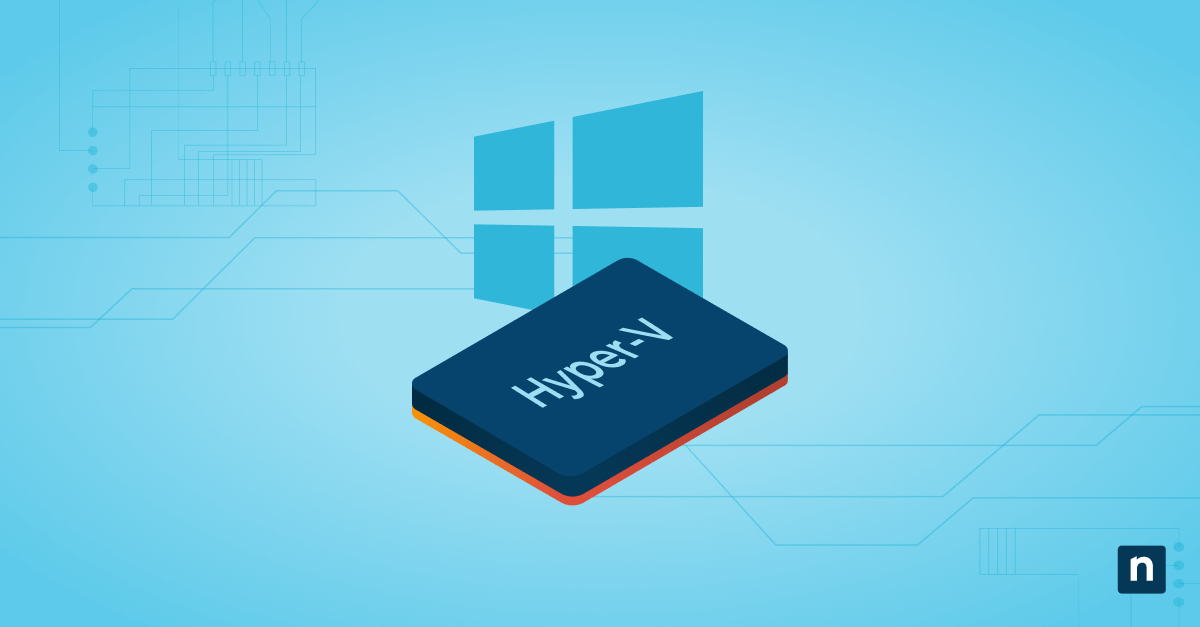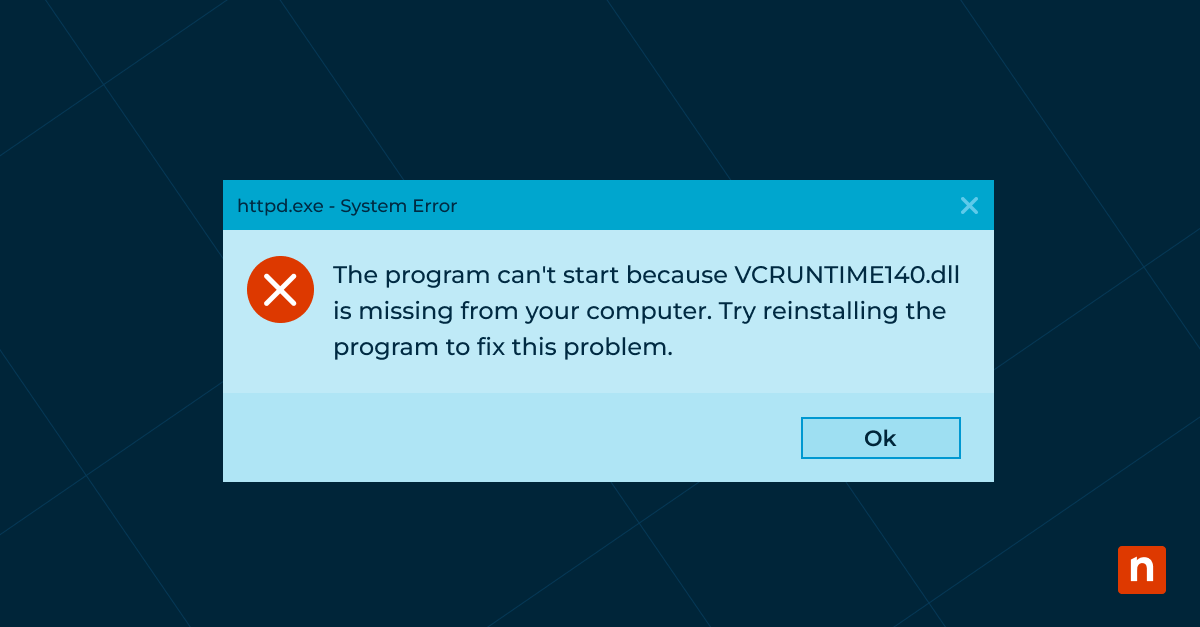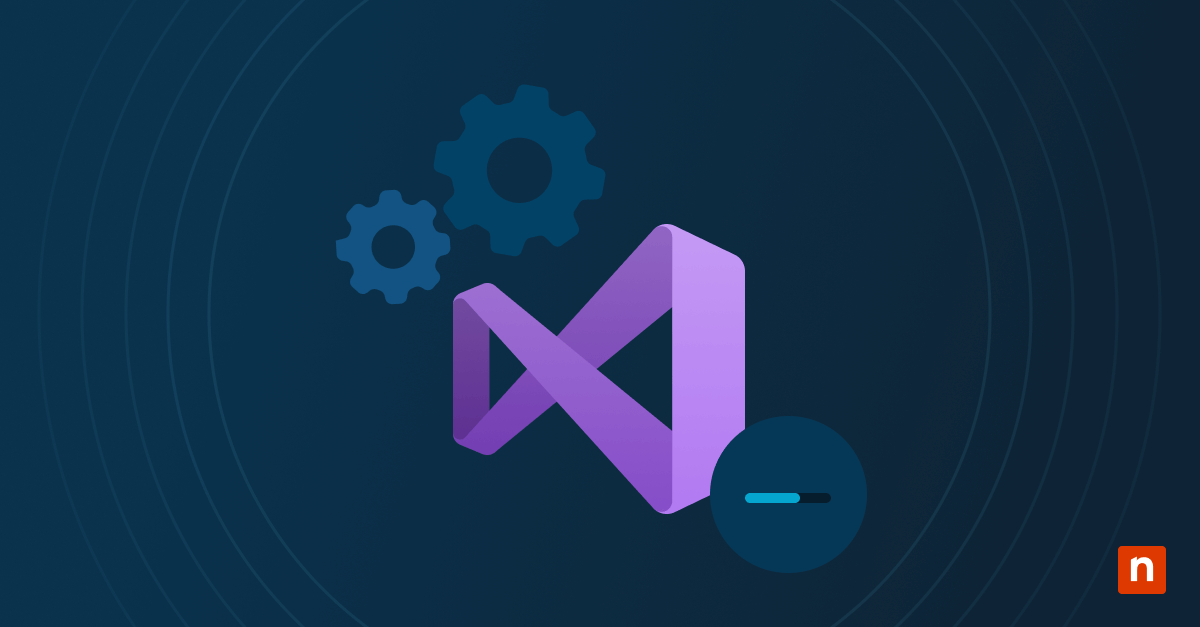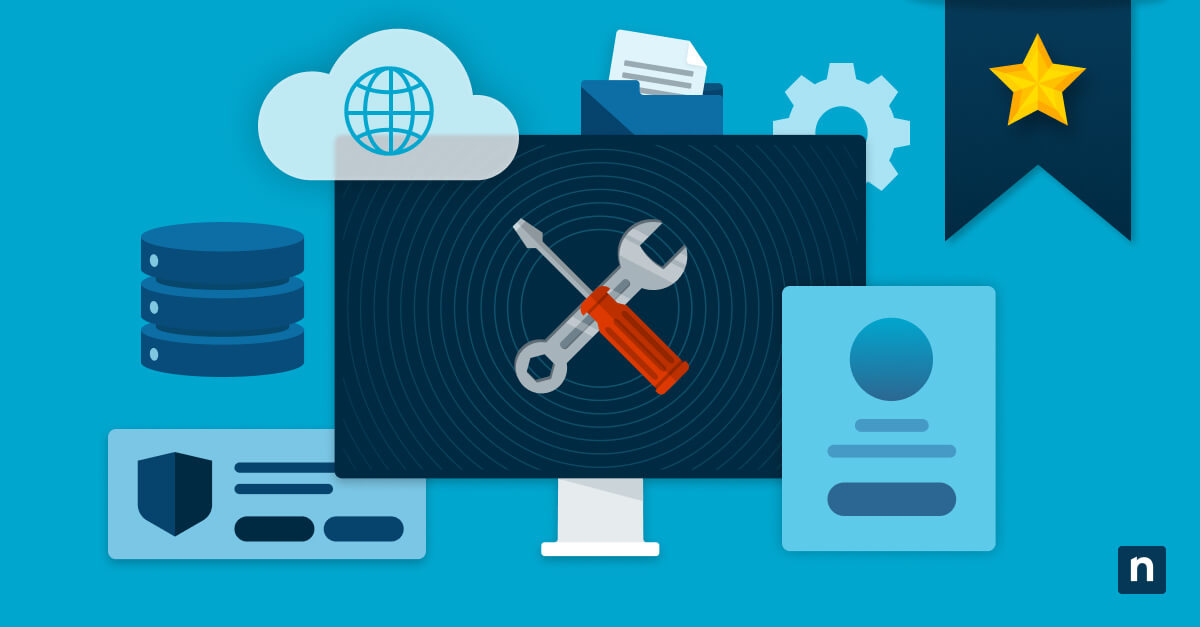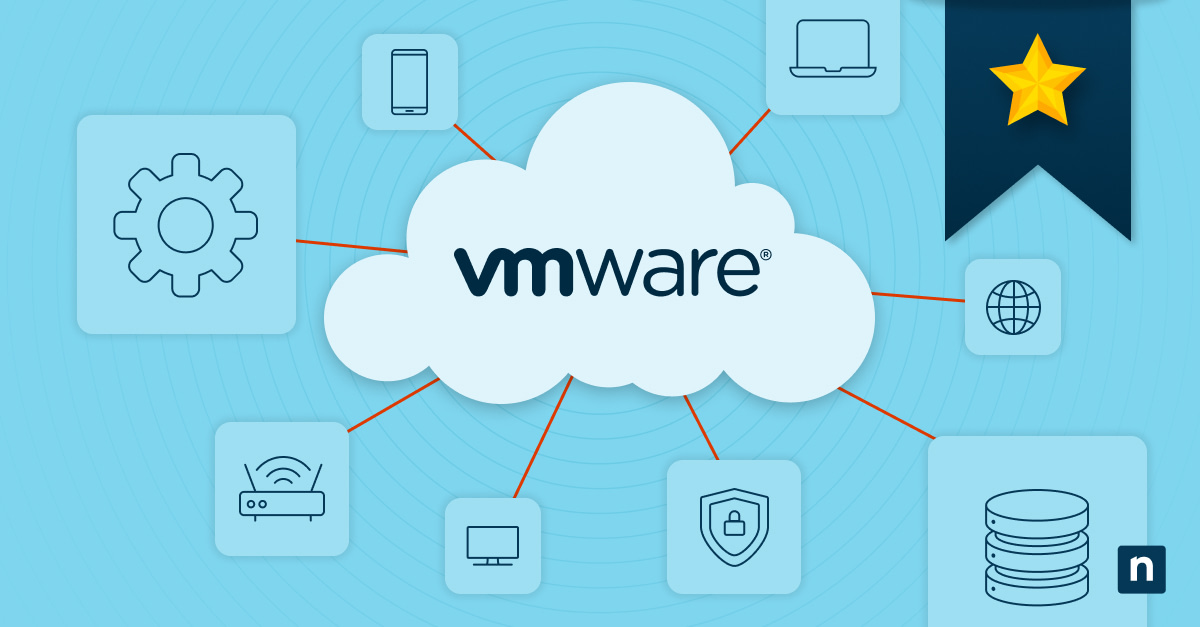A help desk can be an important and essential component of a successful business. The HubSpot Annual State of Service in 2022 reports, “A remarkable 91% of respondents agreed with the statement ‘our help desk system increases productivity.” Not only do help desks provide service to organizations, they also deliver a lot of value.
To capitalize on this value, businesses should look to increase help desk efficiency. One of the best ways to do this is to utilize help desk software.
What is help desk software?
Help desk software is a program designed to increase the efficiency of help desk operations. The software contains features that assist IT teams with organizing requests, managing tickets, and responding to users. This allows help desk employees to waste less time in the overall process and spend more time resolving issues.
4 types of help desk software
There are many options available for help desk software, which allows you to find and select the best type for your organization. The four types of help desk software include:
1. Cloud-based help desk software
Cloud-based help desk software functions over the web. It is very simple to set up and implement in your IT environment. The one requirement for this type is an internet connection. Cloud-based help desk software is also less expensive than other options and easily scalable, since all that’s needed is an upgraded subscription.
2. On-premises help desk software
On-premises help desk software is self-hosted, so the software is installed on your company’s own server. This enables your business to own your database and simplify data governance. On-premises help desk software requires IT and legal experts to ensure it is continually updated, regulated, and maintained, so it can quickly become expensive.
3. Enterprise help desk software
Enterprise help desk software is designed for large companies who need to provide help desk services for a large number of customers and employees. This software also typically includes advanced features that are needed in big organizations. Because of this, the software isn’t as simple to use and requires a lot of knowledge and expertise.
4. Open-source help desk software
Open-source help desk software is openly available and gives you access to the original source code. It gives you flexibility and you can customize or change the code in any way that will serve your business best. Open-source software can be difficult to set up and use, and it lacks the technical support that is provided with the other help desk software types.
Benefits of using help desk software
Centralized ticket management
Zendesk reports that there has been a 16% increase in average ticket volume since the pandemic. Adding more tickets to a poorly organized help desk can overwhelm help desk employees and set them up for failure. Help desk software provides centralized ticket management. You can ensure that all tickets are captured and funneled through an efficient process, generate detailed tickets and create ticket views, and get the full story for faster ticket resolution.
Easier collaboration
Collaboration between help desk employees is critical to address and resolve all end user requests. Help desk software provides tools that enable this such as assigning tickets to other team members, mentioning teammates, and sending notes to each other about requests that come in. Help desk employees can also follow tickets through the entire process, ensuring that everybody stays up to date on ticket status.
Prepared knowledge base
Help desk software provides the benefit of a knowledge base. This is essentially a library or collection of documentation with answers to common help desk tickets. A knowledge base can be used by the help desk team to know how to respond to frequently asked questions, or end users can use it to help themselves know how to solve their issue.
Increased help desk productivity
Automation in help desk software allows you to get more done with less. You can perform straightforward help desk tasks in bulk, reply with canned responses, or resolve simple tickets automatically. Simply automating these tasks improves the effectiveness of your help desk since employees will spend more time resolving issues.
Analyzed help desk metrics
Help desk software can provide important help desk metrics for you to examine trends. It allows you to see what is working well and what could use some improvement. Regularly analyzing these trends gives you the information needed to make impactful adjustments to your help desk process.
6 important help desk features
1. Canned responses
A canned response is a predetermined response to commonly asked help desk questions. These allow your help desk employees to quickly answer common questions that they receive, thus providing an effective way to address a large number of tickets.
2. Endpoint and user aware tickets
To effectively address IT problems, you need context. Endpoint and user aware tickets give help desk employees a broader view of a ticket they receive and quickly receive information needed to resolve the issue.
3. Automated ticketing workflows
Automation can be an invaluable feature when it comes to the ticketing process. Help desk software that includes a variety of automation features for responses, resolutions to simple problems, and movement through the ticketing workflow improve efficiency for your help desk.
4. Report generation
Help desk software can collect key metrics and generate reports This gives your business the information it needs to make impactful decisions to improve help desk performance.
5. SLA management
Service level agreements (SLAs) are important contracts between vendors and customers. You can create, edit, and manage your service level agreements in help desk software.
6. Self-service portals
A self-service portal is essentially a database that end users can access to try to resolve their own IT issues. This feature can help cut down on the number of tickets your help desk receives since it gives information to address common ticket requests.
How to choose the best help desk software for your team
What is the process of ticket management?
Look into how the help desk software handles incoming tickets. Determine whether the ticket management system in place will meet the needs of your business’s help desk team.
How many help desk employees will be using the software?
Make sure that the help desk software you choose supports the number of help desk employees on the IT team.
What features does the software provide?
Not all help desk software offers the same features. Some software, like NinjaOne, offers help desk software with an asset management solution. Figure out which features your employees need, and then look for software that includes your non-negotiable features.
Is it easy to implement into your IT environment?
Help desk software is meant to make it easier for your employees to respond promptly to requests and quickly resolve end user issues. To that end, the help desk software you choose is intuitive and not difficult to implement.
Does the cost of the software fit within your budget?
The overall help desk software cost shouldn’t break the bank for your business. Select the type of software that fits your organization’s help desk needs best, but make sure it’s within the budget.
Use help desk software to increase efficiency
Help desk software provides a variety of tools and features for your business’s help desk. Implementing help desk software into your IT environment will allow your help desk team to become more effective, which will ultimately lead to increased productivity for your business. Learn more in this post on what professionals need to know about IT help desk portal software.
NinjaOne’s ticketing software is a cloud-based help desk software. It provides context-awareness, automation, and flexibility for your help desk. The ticketing software is seamlessly integrated across Ninja solutions for greater context and faster remediation. Sign up for a free trial today.


